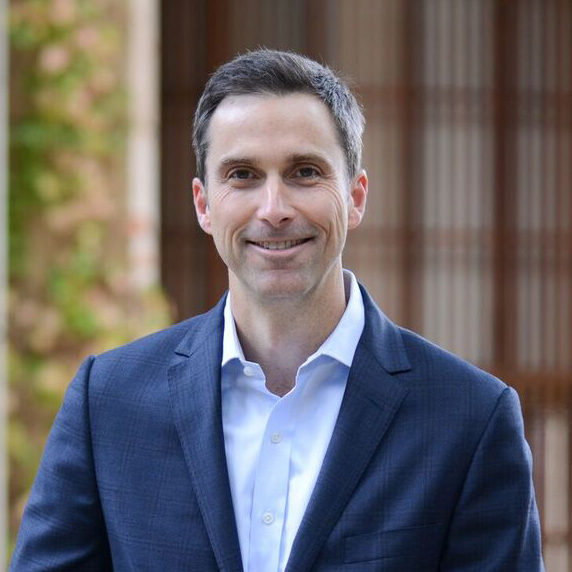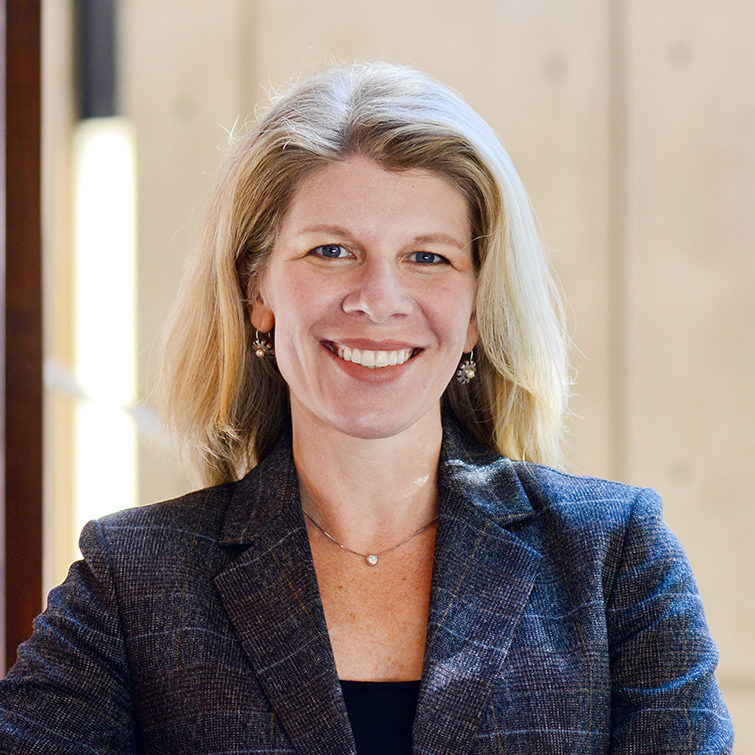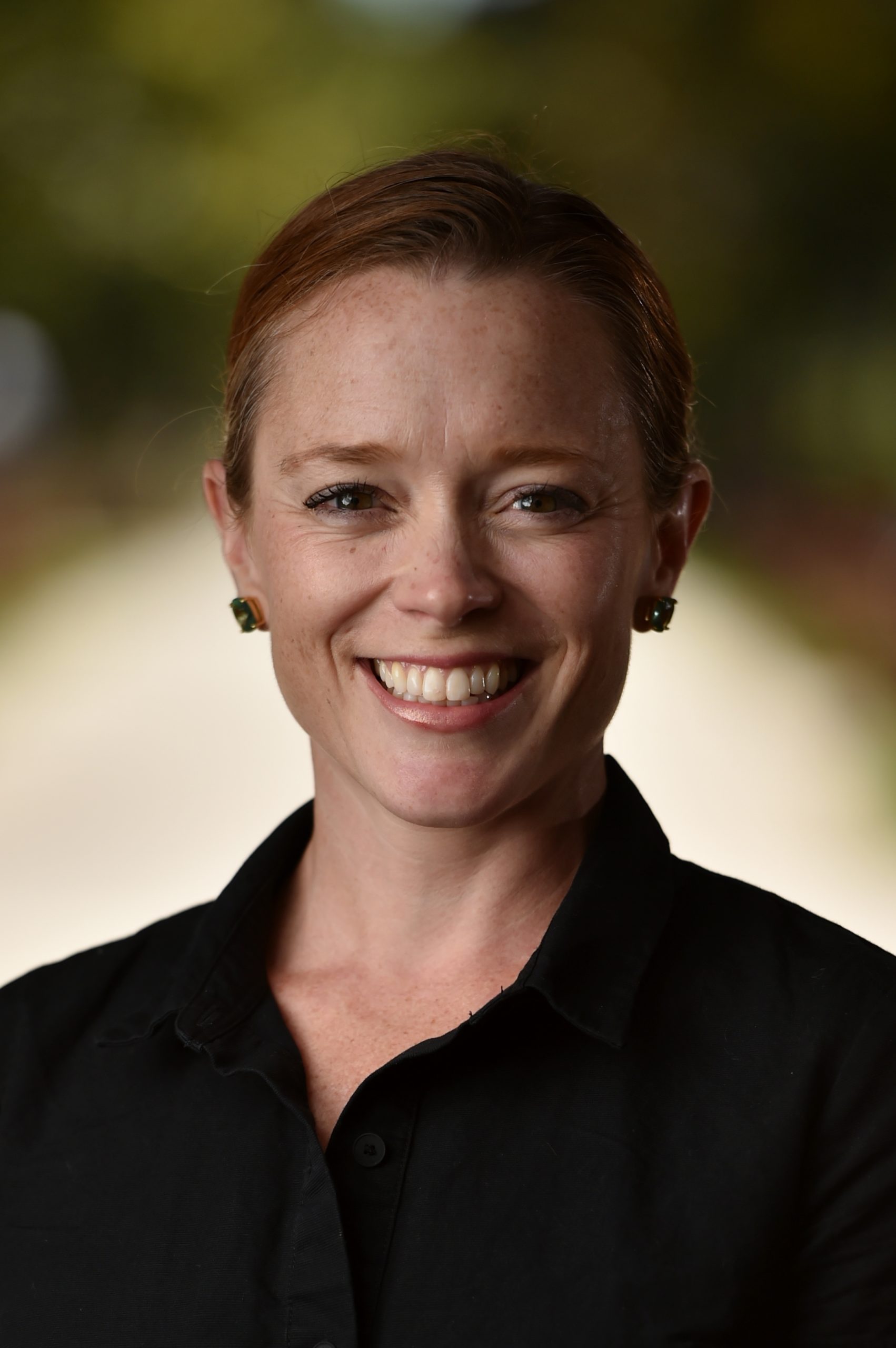 Spring Reunion 2022
Spring Reunion 2022
CLE Program: Impacting Access to Justice in America: Regulatory Reform, First Amendment Litigation, and Court Process Simplification
The access to justice crisis is deep and costly. In three quarters of civil cases, at least one side lacks a lawyer. That means millions of Americans who must go it alone in face of eviction, debt collection, and family violence and dissolution. And that’s just the litigants we can see. The Stanford Center on the Legal Profession, building on founder Deborah Rhode’s legacy, is on the front lines of efforts to remedy this crisis. Center faculty and staff are driving efforts in California, Utah, and Michigan as researchers, advisors, and public appointees to relax the usual rules governing law practice to spur innovative legal services delivery models. The Center is supporting litigation asserting First Amendment challenges to innovation-choking rules prohibiting “unauthorized practice of law.” And the Center just launched the Filing Fairness Project, an ambitious six-state effort — covering 1 in 6 Americans — to simplify court forms and reduce filing burdens to better serve self-represented litigants. This session will map the current access to justice crisis, explore its roots, and detail the Center’s efforts to address it.
Join David Freeman Engstrom, JD ’02, LSVF Professor in Law, Co-Director, Stanford Center on the Legal Profession Nora Freeman Engstrom, JD ’02, Ernest W. McFarland Professor of Law, Co-Director, Stanford Center on the Legal Profession and Lucy Buford Ricca, Director, Policy and Programs, Stanford Center on the Legal Profession as they discuss impacting access to justice in America.
All SLS Alumni are welcome to attend. 1 MCLE Ethics Credit Offered.
 David Freeman Engstrom
David Freeman Engstrom
 Nora Freeman Engstrom, JD ’02
Nora Freeman Engstrom, JD ’02
 Lucy Ricca
Lucy Ricca